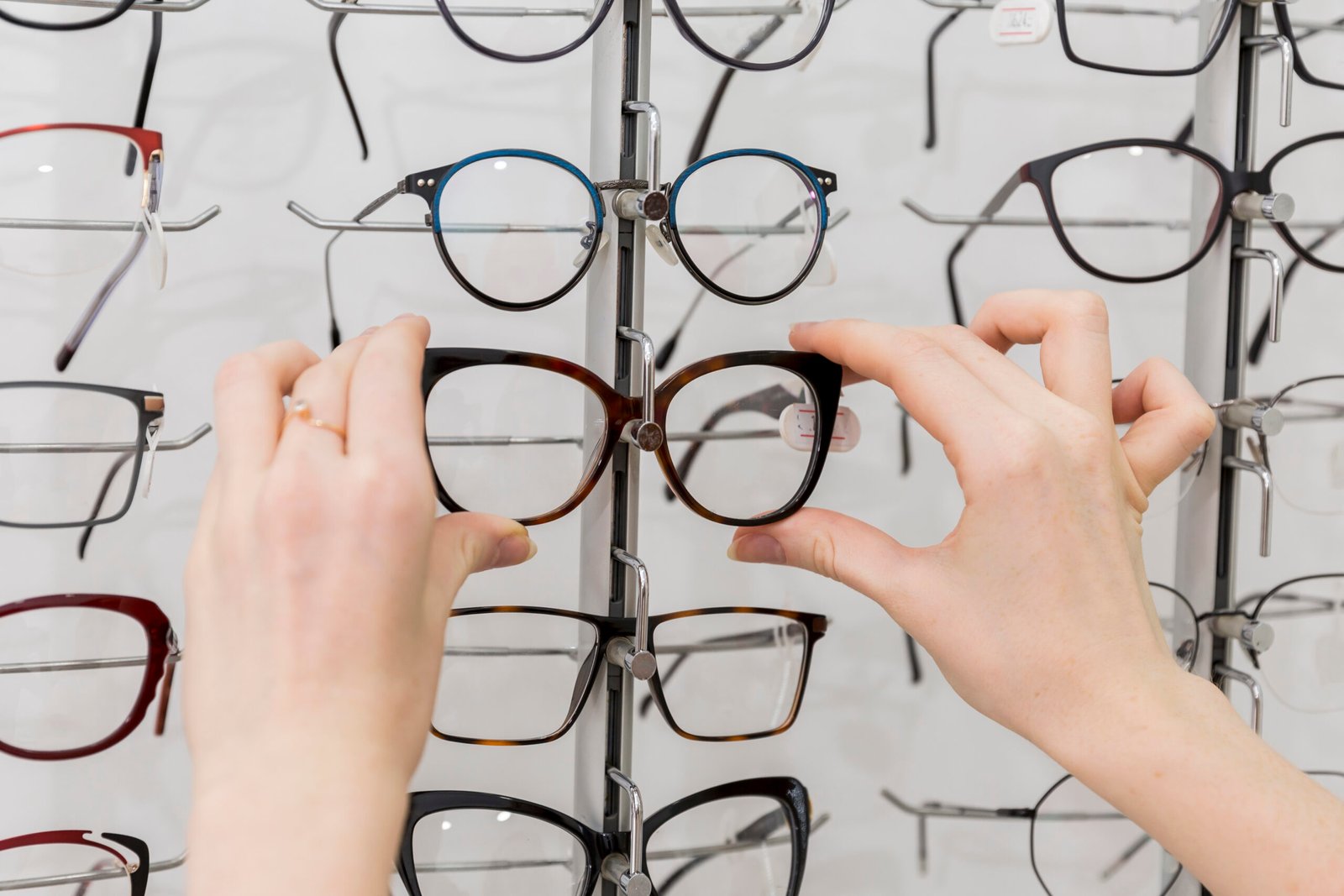
Frequently Asked Questions.
The recommended frequency of eye exams varies depending on your age and risk factors. Children should have their first comprehensive eye exam by age six months, another around age three, and then annually throughout their school years. Adults should generally have an eye exam every one to two years. Older adults (65+) may need more frequent checkups. If you have any specific concerns about your vision or eye health, or a family history of eye disease, it’s essential to schedule an appointment, regardless of these general guidelines.
While both optometrists and ophthalmologists play important roles in eye care, they have different levels of training and expertise. Optometrists are primary eye care providers who are trained to examine the eyes, diagnose and treat visual problems, prescribe glasses and contact lenses, and manage certain eye diseases. Ophthalmologists are medical doctors (MDs or DOs) who specialize in eye care. They are trained to perform eye surgery, treat eye diseases, and prescribe medication. Think of optometrists as your primary eye care physicians, and ophthalmologists as specialists you might be referred to for more complex conditions.
Digital eye strain, also known as computer vision syndrome, is a common problem caused by prolonged use of digital devices. Symptoms can include headaches, dry eyes, blurred vision, neck and shoulder pain, and difficulty focusing. To prevent digital eye strain, follow the 20-20-20 rule: every 20 minutes, look at something 20 feet away for 20 seconds. Also, adjust your screen settings, take regular breaks, ensure proper lighting, and maintain a good posture.
Contact lenses are a great option for many people, but they aren’t suitable for everyone. A contact lens fitting with our optometrist is essential to determine if your eyes are healthy enough for contact lens wear and to find the right type of lenses for your needs. Factors like dry eye, allergies, and certain medical conditions can affect your suitability for contacts. During a fitting, we’ll discuss your lifestyle, vision needs, and eye health to help you make an informed decision.

